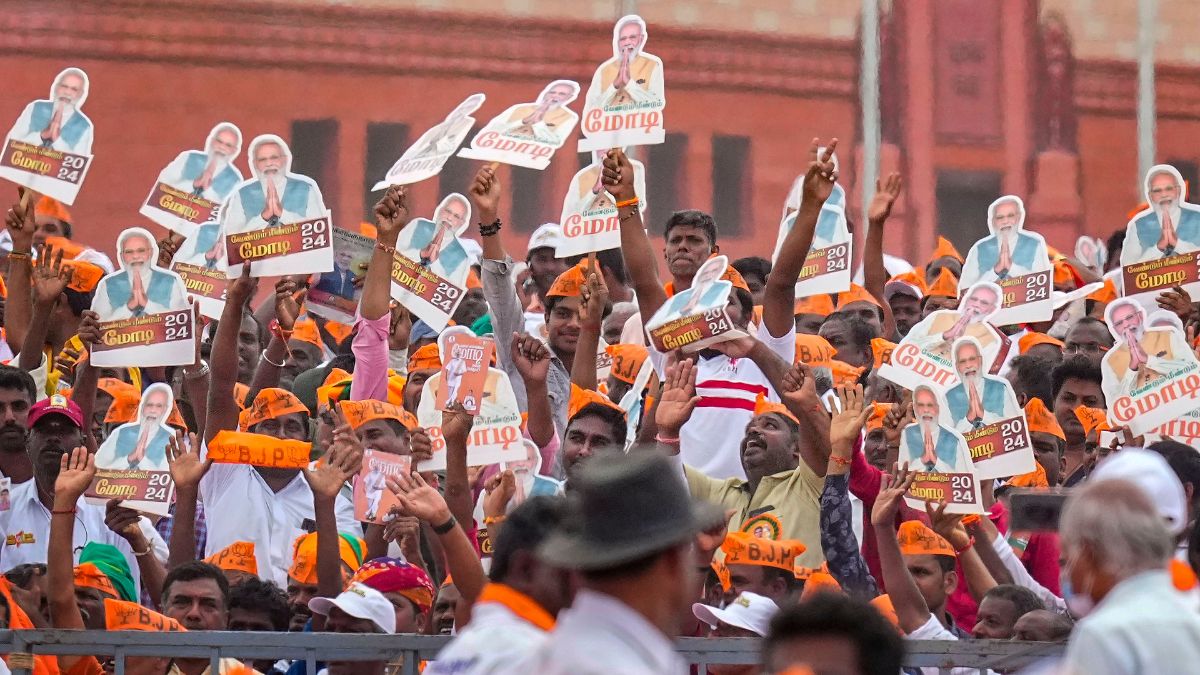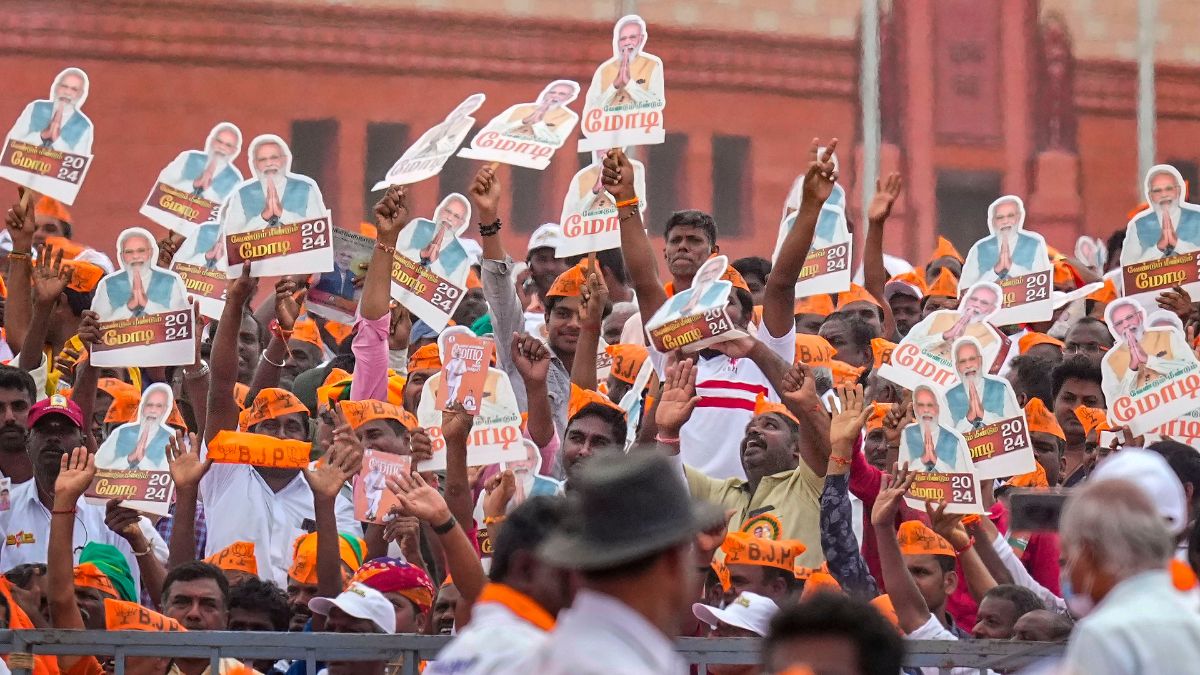India’s biggest enemies are the hyper-nationalists who roll out a new threat to our enemies everyday without considering its practicability or efficacy.
Their sheikhchilli-esque boasts and bluster, born out of ‘Main ye kar doonga, Main woh kar doonga’ syndrome, without follow-up action often turns embarrassing, signalling to our enemies that India is often all talk and no action.
So, it would indeed be a great service to India if the ‘Bharat Mata ki Jai’ brigade goes back to its cow vigilantism and Arvind Kejriwal or Kanhaiya Kumar bashing. For India’s benefit, our armchair warlords should leave the job of defending our country and dealing with Pakistan to the Prime Minister and his team of experts.
For, many of their ideas are based on the notion that dealing with a nuclear-powered enemy with reasonable amount of arms parity is as easy as moving the joystick of a play station or moving pieces on a chessboard.
Consider, for instance, the suggestion that India should unilaterally abrogate the Indus Water Treaty with Pakistan. An agreement for sharing of water flowing in the three eastern rivers — Beas, Ravi and Sutlej — and the three western rivers — Indus, Chenab and Jhelum — was signed between the two countries way back in 1960.
Since then, the two countries have fought two full-scale wars, grappled over Kargil, mobilised their forces on the border at least thrice — 1987, 1990 and 2001-02 — and have returned from the precipice several times. Yet, not even once has India thought of annulling the treaty.
The reason is simple. (No, it is not because Jawaharlal Nehru ordained it). The idea is simply unviable and can establish a precedent that will give unprecedented leverage to every upper riparian (where a river originates) country.
As The Indian Express argues in this report, blocking the three western rivers that flow uninterrupted into Pakistan may actually lead to flooding of several Indian cities in north India. Experts quoted by the newspaper argue that impeding the flow of water could actually turn counter-productive for India.
Once India decides to exercise its upper riparian rights, it would expose itself to similar action in future by China. Just like the eastern and western rivers that flow into Pakistan from India, the Brahmaputra that feeds large swathes of India and Bangladesh originates in China. India and China already have major differences over the former’s intentions to dam the flow of Yarlung Zangbo (Brahmaputra or Tsangpo). Once India sets the precedent of unilateral action by an upper riparian state, what would stop China from emulating our philosophy in the future?
Obviously, blocking Indus water is a hare-brained idea. It could lead to both short-term flooding and long-term China consequences. And this is precisely why the treaty has survived more than five decades of hostilities and wars between India and Pakistan under governments of different hues and ideologies.
Hawks have also been demanding India to do a Myanmar on Pakistan, implying that our soldiers cross the LoC and hunt down militants holed up across Muzzafarabad. On paper, it sounds logical that if India can make punitive raids across the eastern border, the idea could be emulated in the north-west theatre too. But, proponents of this doctrine ignore the fact that Indian soldiers carry out incursions into Myanmar with the tacit support of its government. When Indian forces chase terrorists in Myanmar, its army doesn’t offer resistance or put up blockades, either by design or because of lack of competence. But, similar raids across LoC, unless conducted with so much stealth that Pakistan won’t even get to know of them, would definitely be resisted by Pakistani rangers and their defensive formations, making it a high-risk manoeuvre. Unfortunately, those baying for quick punitive action against Pakistan ignore the basic objective of a diplomatic or military manoeuvre: It is executed with the specific purpose of bringing the enemy down to its knees and accepting the conditions imposed by the victor, which, in India’s case is to stop Pakistan from sponsoring cross-border terrorism and interfering in Kashmir. India can achieve these objectives only by inflicting heavy costs on Pakistan without suffering equivalent damage, which is a realistic possibility because of the nuclear overhang and risks of escalation.
Pakistan is a rogue state overcome with deathwish because of its territorial ambitions, jihadist mindset and incurable jealousy of the neighbour’s progress. It is boiling in its own stew of hatred, violence, fundamentalism and envy. Every decade since it came into existence, Pakistan has slipped further down the path of economic and political instability, foolishly pushing itself into a corner. Every time it strikes India through its jihadist infrastructure, Pakistan loses more credibility in the international fora and moves some more distance away from traditional benefactors like the US.
As columnist Pervez Hoodbhoy pointed out in a 2015 article for The Dawn , even nukes may not be able to save it. “Nukes may win a battle for us but at the cost of losing Pakistan. Instead our security lies in ensuring that Pakistan’s territory is not used for launching terror attacks upon our neighbours. We must explicitly renounce the use of covert war to liberate Kashmir — a fact hidden from none and recently admitted to by Gen Musharraf.”
To bring Pakistan down to its knees, India needs to help the process of the enemy’s slow demise. For this, Modi needs to be left alone to work out a cold, calculated strategy that involves both covert and overt interventions and diplomacy.
Forcing him to act under pressure from the impatient ‘Jai Hind’ brigade and their ideas could lead to a miscalculation that could bring India at par with Pakistan, a dream our enemies cherish.


)




)
)
)
)
)
)
)
)